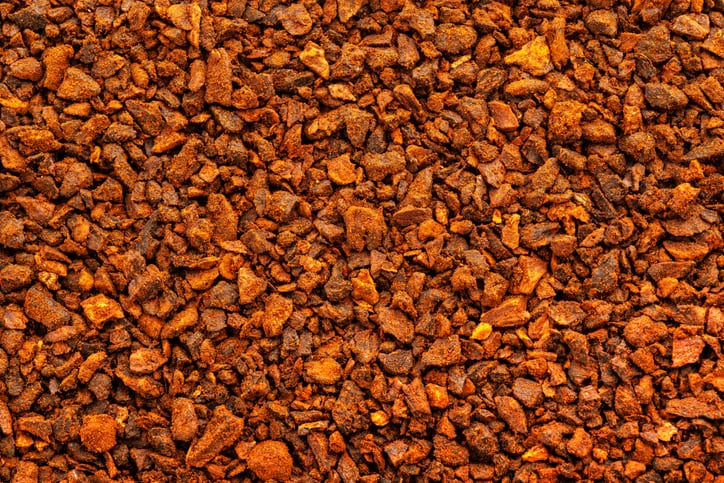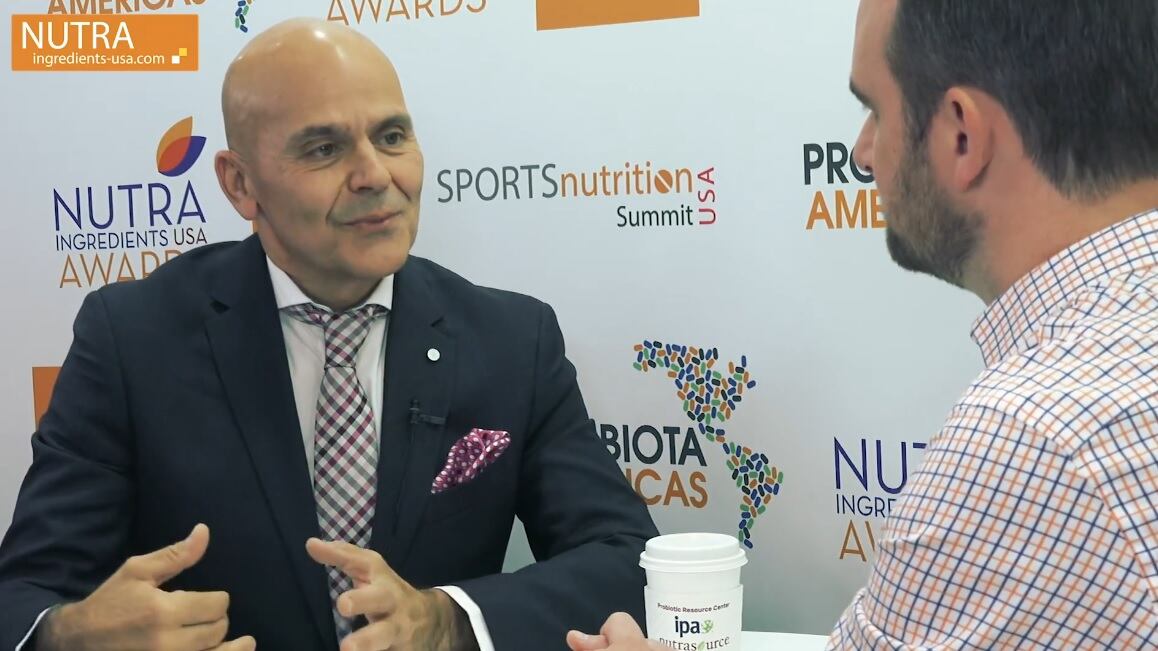Navigating the influencer economy can be daunting, but when it comes to health claims, it can be outright dangerous.
Seed, a microbial sciences company, wants to do more than just sell products. The probiotics brand hopes to change online influencing as we know it, and require more from influencers than just an Instagram account and followers.
“We believe the onus of accountability is as much on us, as a company, as it is on the influencers, affiliates, ambassadors, partners, and amplifiers we work with,” Ara Katz, one of Seed's co-founders and CEOs, told NutraIngredients-USA.
Katz said the term ‘wellness’ has exploded, telling us that it is “propelling a category filled with misleading messaging, questionable products, hyperbolic claims, and a shift away from science. Misinformation, confounded by confirmation bias, spreads faster and deeper than truth—and this means misguided choices and misspent dollars that have the potential to compromise health.”
Stop in the name of science
Katz said ‘probiotics’ are so commercialized and diluted these days, she wants to reclaim the term in the name of science.
This year Seed introduced its affiliate program Seed University. The running theme for the online program is ‘accountable influence’ -- an idea that promotes the recognition of and responsibility for the effect posts have on others beliefs and behaviors. It also encourages learning and questioning before liking and sharing.
“When we set out to launch @SeedUniversity, we knew we were adding a layer of friction to partnering with us. It was our hope that setting our program up like this would attract the most curious partners committed to integrity, a willingness to learn, a passion to educate, and a deep sense of accountability.”
To her surprise, Katz told NutraIngredients that the crash course garnered an incredible response, sans the friction: “People are eager to learn, are hungry for information, and appreciate the translation of science into a platform and format they already use.”
“Misinformation, compounded by confirmation bias, despite the best intentions, is fueled by algorithms optimized for taps and clicks—not truth.” - Katz, in a self-published post
Seed University is an hour-long course that contains six units, designed to make science accessible and engaging. It covers the science behind probiotics, such as bacteria, the microbiome, and human biology. The last unit is all about the FTC’s endorsement guide, specifically the ways in which a partner must disclose a financial relationship with a brand.
The free courses are all available as Instagram stories on the Seed University Instagram page. Any prospective Seed partners are required to complete all six units and pass a final exam before publishing an #accountable #ad. Seed University is built to scale with a ‘learn more, earn more’ approach as course offerings expand.
“We received hundreds of applications from partners eager to learn and share with their communities. Each day, partners are learning before they link. And because we open source the program, we’ve had a number of brands reach out about implementing something similar themselves,” Katz told NutraIngredients-USA.
Seed is steered by a team of scientists who study the microbiome
According to their website, Seed is backed by a scientific advisory board comprised of scientists, researchers, doctors, and authors across the fields of microbiology, immunology, genetics, metabolomics, gastroenterology, pediatrics, molecular biology, and transcriptomics—including primary investigators from the NIH’s Human Microbiome Project. They lead labs, teach at world-renowned academic institutions, and among them garner over 2,800 publications and more than 140,000 citations in peer-reviewed scientific journals and textbooks.
Seed’s strains have been studied in 23 human clinical studies including double-blind, placebo-controlled trials conducted in the United States, United Kingdom, Italy, Spain, and Japan. Primary and secondary outcomes demonstrate statistically significant improvements in multiple markers of gastrointestinal health, cardiovascular health, and dermatological health. These studies are published in peer-reviewed journals like Journal of Clinical Gastroenterology, Scientific Reports (Nature), and JAMA Dermatology, and are all indexed to PubMed, the central database for life science journal literature at the National Institute of Health.
Over-sharing encouraged
Whether scientific research or via Seed University, the company isn’t stingy with their findings. In a world of over-sharing, Seed is fully onboard. The company told NutraIngredients-USA that they encourage any company inspired to implement an #accountable program of their own to contact them, saying, “we’re happy to open-source our learnings.”
“In the coming years, bacteria will impact almost every aspect of our lives. We look beyond the gut to develop a pipeline of scientifically-validated, next-generation probiotics. Our platform combines human clinical research, proprietary technology, and innovations in biofermentation, formulation, stabilization, and testing, to set a new standard for bacteria,” said Seed co-founder, Raja Dhir.
According to Seed, there are there are well over 80,000 publications on PubMed about the microbiome, probiotics, and prebiotics. Seed said, “We believe the translation of science is foundational to human health. Awakening your inner scientist leads to better questions, better choices, and better health.”




